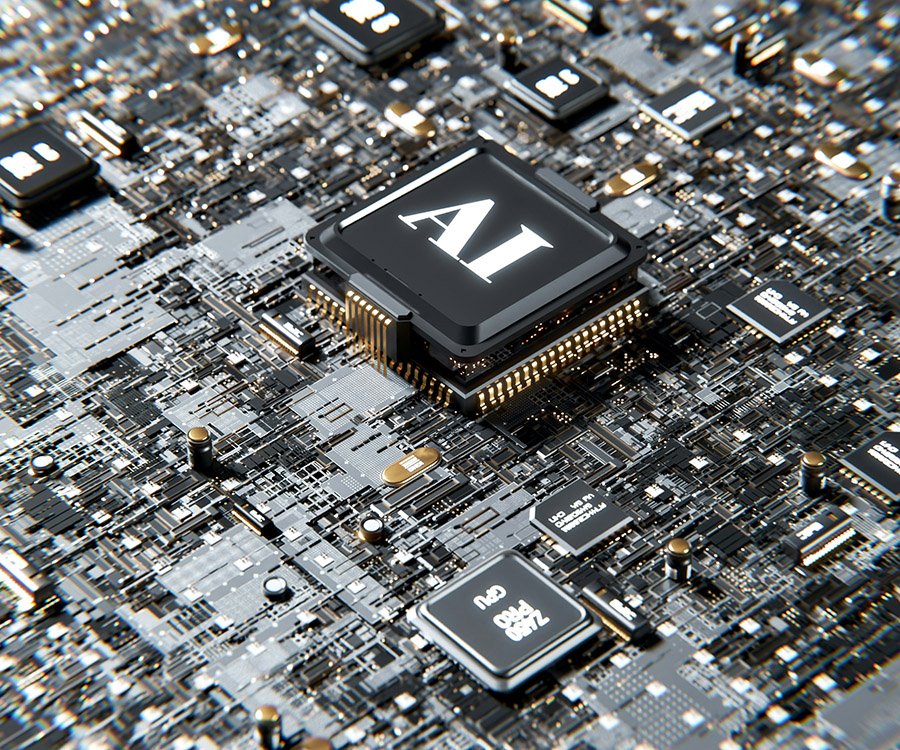DeepMind, an artificial intelligence powerhouse based in London, has been at the forefront of AI research since its inception. Known for its ambitious goal to develop artificial general intelligence (AGI), DeepMind caught the eye of tech giant Google, which acquired the firm in 2014.
While the acquisition was initially seen as beneficial for both entities, providing DeepMind with significant financial backing and Google with leading-edge AI technology, it also set the stage for a complex relationship.
This article dives into DeepMind’s ongoing attempts to carve out more independence from its parent company, Google, amidst growing concerns over the control and use of its advanced technologies.
Background and Acquisition
Founded with a vision to create AI that could learn and function like a human brain, DeepMind quickly established itself as a leader in the AI research field. The company’s early successes made it an attractive acquisition target, and in 2014, Google stepped in.
The acquisition deal was celebrated as a win-win: Google secured a cutting-edge research unit, and DeepMind gained the resources to further pursue its ambitious goals.
Emerging Tensions
However, the union was not without its challenges. Cultural differences between DeepMind’s academic-like research environment and Google’s corporate structure soon led to friction. DeepMind valued its independence and research integrity, while Google’s expansive corporate bureaucracy presented a contrast to the nimble, innovative spirit of the AI firm.
Tensions escalated when DeepMind’s executives noticed similarities between their own research and that published by Google’s internal AI team, raising concerns about the misuse of their proprietary technology. This incident significantly contributed to DeepMind’s growing desire for autonomy, sparking discussions and plans internally to distance itself from Google’s direct control.
Secret Plans and Code Names
In the shadow of growing concerns over their autonomy and the direction of their research, DeepMind devised secretive plans internally dubbed “Watermelon” and later “Mario.” These code names symbolized the firm’s covert operations aimed at achieving greater legal and operational separation from Google.
The aim was to shield DeepMind’s pioneering AI work from potential misuse and to maintain the integrity of their research independent of Google’s broader business ambitions. The discussions around these plans were so sensitive that only a select group of employees and executives were privy to the details, reflecting the depth of DeepMind’s concerns about remaining under Google’s umbrella.

Ethical Considerations and Internal Movements
Central to DeepMind’s push for independence were significant ethical concerns regarding Google’s use of AI technology. DeepMind’s leadership feared the potential application of their technology in areas they deemed inappropriate or harmful, such as military projects or mass surveillance. In response, DeepMind proposed the establishment of an ethics board, aimed at governing the ethical use of their AI technologies.
This board was intended to function independently, involving a mix of DeepMind and Google executives, along with third-party experts. The goal was to ensure that DeepMind’s AI advancements were used in ways that would benefit society at large, adhering to a strict ethical framework initially agreed upon by both companies at the time of acquisition.
Attempts at Restructuring
As part of their strategy to gain more independence, DeepMind’s leadership explored restructuring the company as a separate division within Alphabet, Google’s parent company. This restructuring would allow DeepMind to maintain its own profit and loss statement, providing it with operational independence while still under the broader Alphabet umbrella.
Negotiations with Google explored various new company structures, including transforming DeepMind into a company limited by guarantee—a form often used by nonprofits, which does not have shareholders and thus could operate with a greater focus on its stated ethical and research missions rather than on profitability.
These negotiations sought to establish a balance where Alphabet would continue to fund DeepMind but would agree to ethical red lines, such as not using the technology for military purposes or surveillance.
Through these efforts, DeepMind aimed to secure a position where it could continue its groundbreaking work on AI with the support of Alphabet yet without the looming influence of Google’s commercial interests.
The discussions and strategies employed by DeepMind highlight the intricate dance between maintaining operational autonomy and leveraging the resources of a tech giant, a recurring theme in the tech industry where innovative startups often find themselves absorbed by larger entities.
Outcome and Current Status
Despite years of negotiations and various strategies to secure more independence, DeepMind’s attempts to separate from Google concluded without achieving the desired separation. As of the last updates, DeepMind remains a vital part of Google under the larger Alphabet umbrella.
The company is currently overseen by Google’s Advanced Technology Review Council, which includes two executives from DeepMind, as well as Google’s AI chief and the legal SVP. This arrangement reflects a compromise where DeepMind retains a degree of operational autonomy while still being integrated within Alphabet’s strategic frameworks and oversight mechanisms.

Future Prospects and Visions
Looking ahead, DeepMind continues to push the boundaries of AI, adhering to a mission that seeks not only technological breakthroughs but also responsible and ethical applications of AI. The company’s leadership, including CEO Demis Hassabis, has been vocal about the potential for AI to address global challenges.
Hassabis has proposed the creation of a “world institute” for AI, potentially under the auspices of the United Nations. This institute would aim to bring together top researchers and policymakers to ensure that AI is developed and deployed in ways that are beneficial and equitable across the globe, setting a standard for international collaboration in AI governance.
Conclusion
DeepMind’s journey from an independent AI research entity to a key component of Google, and its ongoing efforts to maintain a degree of independence, illustrate the complex interplay between innovation, corporate interests, and ethics in the tech industry. The story of DeepMind highlights the challenges and opportunities that arise when cutting-edge technology meets the scale and resources of one of the world’s largest technology companies.
As DeepMind continues to develop AI technologies that could transform various aspects of society, the governance structures it advocates for, and its relationship with Google, will likely influence the broader field of AI research and application. This saga underscores the crucial importance of ethical considerations and strategic autonomy in the rapidly evolving landscape of artificial intelligence.








Add comment